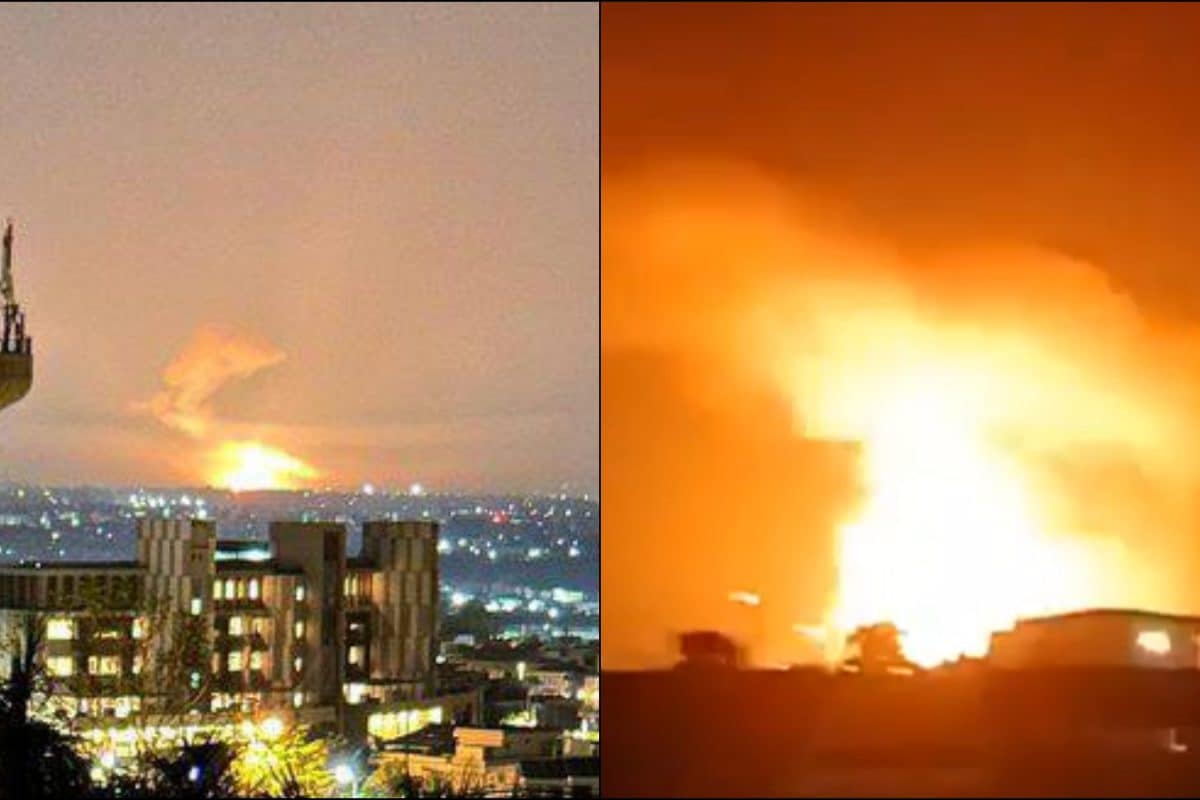

In the wake of escalating tensions between India and Pakistan following the Pahalgam terror attack, government sources have indicated that India's retaliatory strikes are being conducted as "custom match attacks," targeting terror groups responsible for the violence while avoiding military or civilian infrastructure. This approach signifies a calculated and targeted response, aiming to minimize escalation while sending a strong message to those responsible for the terror.
Tensions soared after the April 22 Pahalgam attack in Jammu and Kashmir, which resulted in the death of 26 civilians. India has blamed Pakistan-based terror groups for the attack, a charge Pakistan denies. In response, India launched Operation Sindoor, a coordinated tri-services operation targeting terror camps in Pakistan and Pakistan-occupied Kashmir.
Government sources emphasize that the strikes are specifically aimed at terror dens and groups responsible for attacks on innocent Indians. The intent is to inflict damage on these terror networks without engaging in a broader conflict with the Pakistani military or causing harm to civilian areas. This strategy reflects a desire to avoid escalation while sending a clear message that cross-border terrorism will not be tolerated.
Reports indicate that Indian forces have inflicted significant damage on Pakistan's military installations, including air defense systems. Cities such as Peshawar, Lahore, and Bahawalnagar have been targeted in India's retaliatory strikes. The Indian Army released a video showing the destruction of a Pakistani military post along the Line of Control (LoC).
The situation remains tense, with both sides issuing statements and undertaking preparedness measures. Sirens were sounded in Chandigarh amid warnings of a possible attack, and residents were advised to stay indoors. The Border Security Force (BSF) has halted the daily evening retreat ceremonies at border check posts in Punjab. Union Health Minister J P Nadda reviewed hospital preparedness across the country.
India's actions have established a "new normal" in India-Pakistan relations, where India directly targets terrorist infrastructure within Pakistan in response to attacks. This shift marks a departure from previous strategies that relied on diplomatic pressure and economic penalties. The message from New Delhi is clear: the era of waging sub-conventional warfare against India under the cover of nuclear deterrence is over.
Pakistan has retaliated with its own strikes, targeting military stations at Jammu, Pathankot, and Udhampur with drones and missiles, which India claims to have swiftly neutralized. Pakistan's military claims to have intercepted Indian missile attacks on three airbases. The military also claimed that India used air-to-surface missiles from planes to target the airbases in Pakistan.
The international community is closely watching the situation, with concerns raised about the potential for further escalation. The United Kingdom has appealed for efforts to de-escalate the situation. The United States has urged both countries to give peace a chance.
Despite the risks, India appears determined to maintain its new approach, responding decisively to terrorist attacks while carefully calibrating its actions to avoid a full-scale war. The "custom match attacks" strategy reflects this approach, aiming to inflict pain on terror groups without triggering a broader conflict that could have devastating consequences.